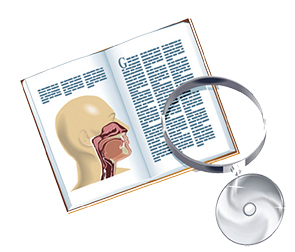Explore This Issue
April 2014
Background
Migraines are very common and occur with a lifetime prevalence of 13% to 16% in the general population. Vertigo is also common, and the lifetime prevalence is 7%. When comparing the prevalence of these two conditions, the expected combination should be 1.1%. The association is closer to 3.2%, with migraineurs 3.8 times more likely to suffer from vertigo than those without migraines. Although there are increasing data to suggest a more than casual relationship between migraines and vestibular and nonvestibular forms of dizziness and vertigo, clinicians are left with the task of diagnosing and treating these patients. Currently, there is no unifying term or internationally approved criterion for migraine-associated vertigo. Without such criteria, determination of the pathophysiology and appropriate treatment regimens for these patients will continue to be elusive.
Best Practice
In an ideal world, the pathophysiology of a disease process would dictate its diagnosis. When the mechanisms responsible for that disease process are not fully understood, a set of diagnostic criteria should instead be validated by therapeutic outcomes. While research continues to investigate migraine-associated vertigo, there remains no gold standard diagnostic criteria. The Neuhauser et al. criteria (2001) presents a broad-based starting point to help guide clinicians toward diagnosing and treating this increasingly recognized entity. Read the full article in The Laryngoscope.
Leave a Reply